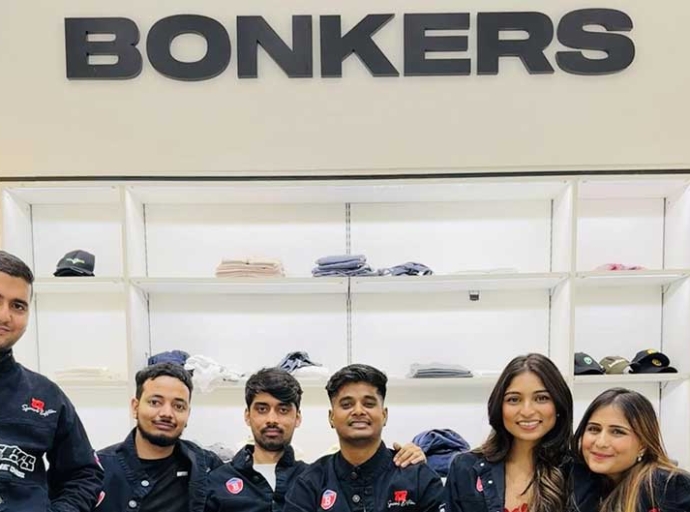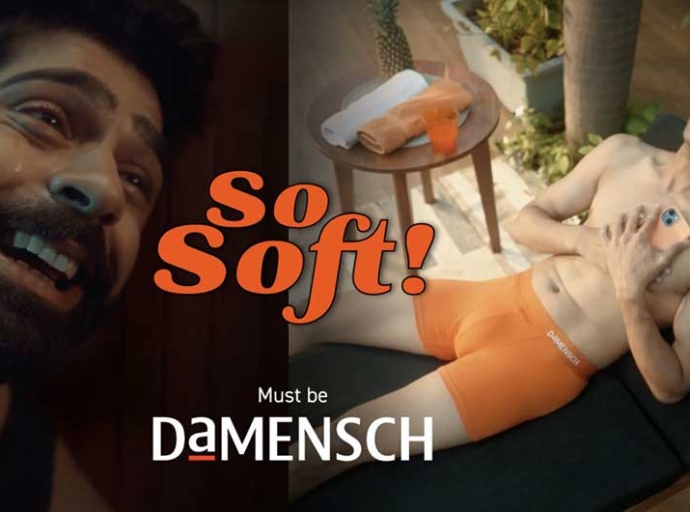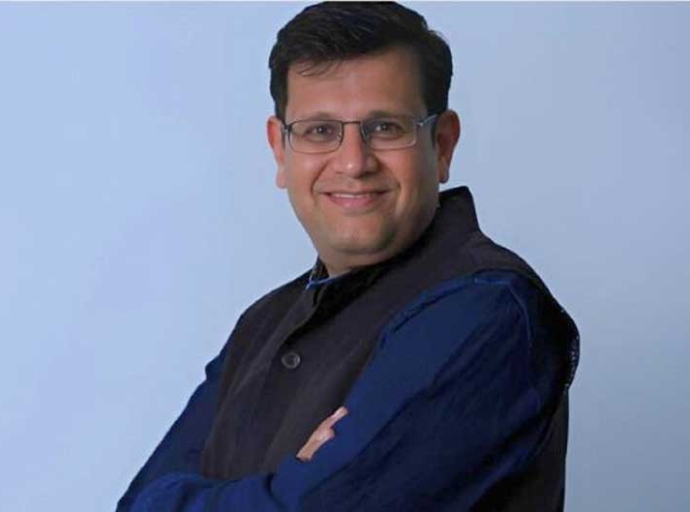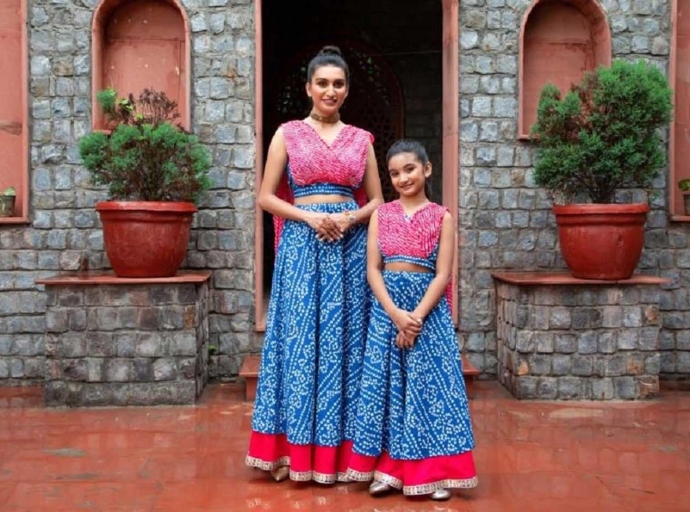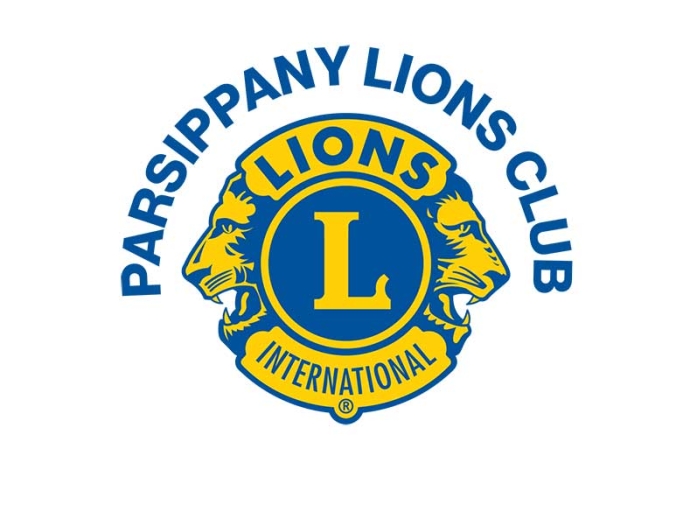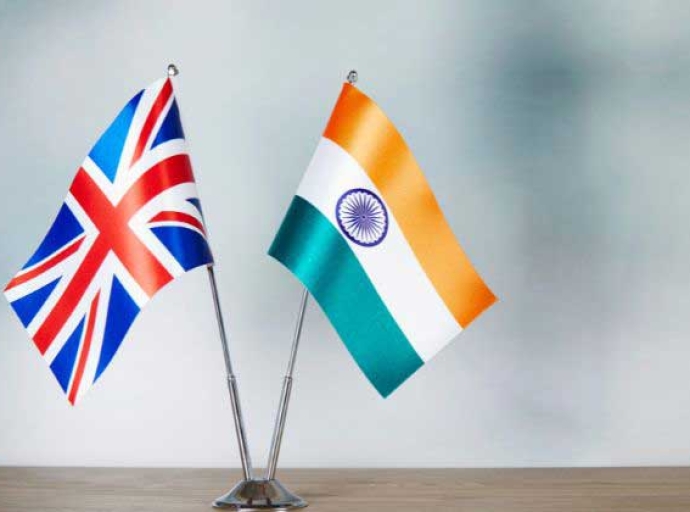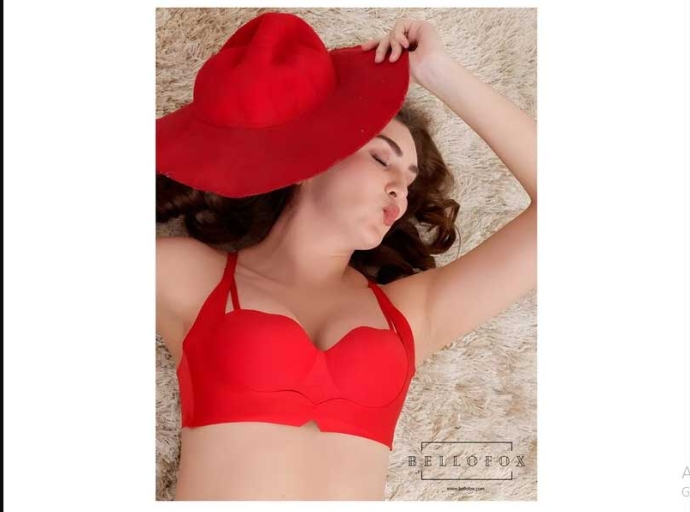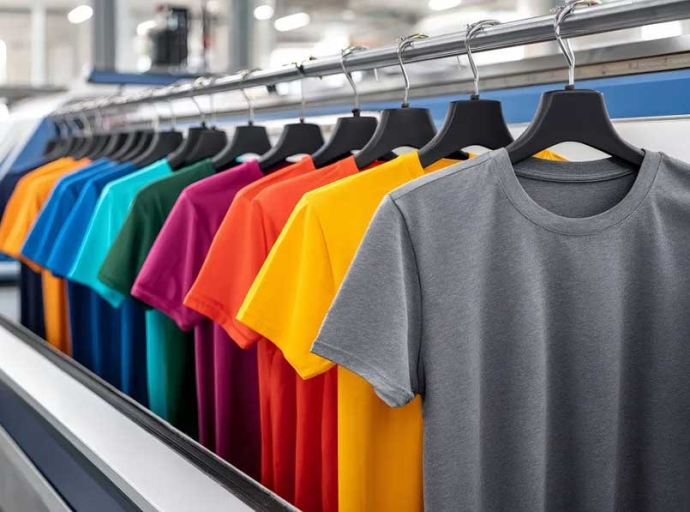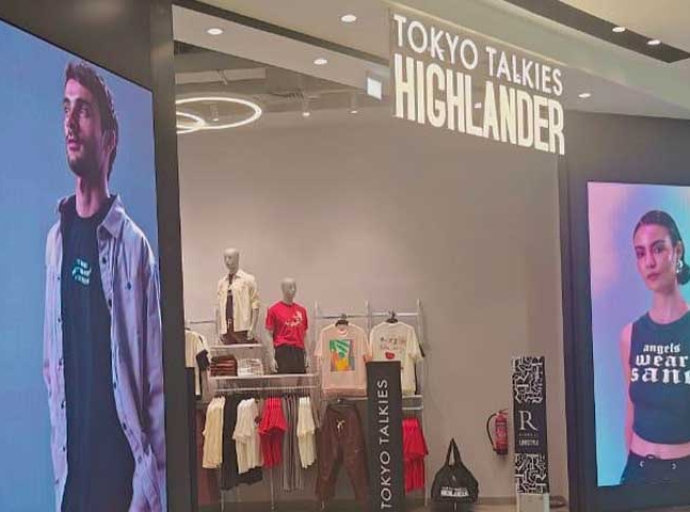01 August 2025, Mumbai
In India, fashion doesn’t follow a single path—it blazes multiple trails at once. From the glitzy corridors of Mumbai’s luxury malls to the bustling main streets of Bhilwara and Siliguri, the country’s fashion economy is rewriting its rules.
Read our latest issue
This isn’t a tug-of-war between high-end couture and everyday wear; it’s a synchronized sprint where fast fashion expands with breakneck speed even as premium and ethnic wear grow their cultural stronghold.
Welcome to India’s dual-speed fashion economy—where aspiration coexists with affluence, and where Zudio and Sabyasachi aren’t competitors but cohabitants in the same market universe.
The two-track rise
On one end, mass-market players like Zudio, Max, and Reliance Trends are flooding Tier-II and III towns with affordable and trendy clothing. These brands cater to a new, aspirational consumer—social media savvy and eager for fashion-forward yet budget-friendly options.
Fashion Guru
At the other end of the spectrum, luxury fashion is thriving in India’s urban elite circles. Designers like Sabyasachi and Manish Malhotra, and global powerhouses like Louis Vuitton and Gucci, are expanding their presence in metros. Sabyasachi’s opulent flagship at Mumbai’s Jio World Plaza is more than a retail space—it’s a monument to Indian heritage and sartorial excellence.
Together, these trends define a K-shaped fashion economy: one arm rising with mass-market value, the other with high-end exclusivity.
Fast fashion frenzy
The Indian fast fashion segment clocked 30–40 per cent YoY growth in FY24, vastly outpacing the broader apparel market's 6 per cent growth. According to ET Retail (2024), the market is currently valued at $10 billion, with projections soaring to $50 billion by FY31.
Table 1: Performance indicators of major fast fashion retailers (FY24-25)
|
Retailer
|
Revenue (Rs cr)
|
Avg order value in Rs
|
Estimated reach
|
|
Zara
|
2,769
|
4,000–4,500
|
Metro / Tier-I
|
|
Westside
|
4,950
|
1,500–2,000
|
Tier-I, Tier-II
|
|
Zudio
|
7,000
|
500–1,000
|
Tier-II, Tier-III
|
Zudio’s rise is emblematic. With an average order value as low as Rs 500–1,000, it has strategically tapped into Bharat’s heartland—where value trumps vanity, but style still matters. With over 765 stores, many in Tier-III cities, Zudio has created a model of fashion democratization.
DFU Profile
The rise of Bharat’s wardrobe
Bhilwara, Guntur, and Siliguri are not just new dots on fashion’s map—they’re emerging nerve centers of style, thanks to growing 4G/5G penetration and UPI-enabled transactions. Instagram reels are becoming the new billboards, driving aspirational buying in towns once ignored by big brands.
The synergy between digital commerce and physical retail is especially potent here. Localized fashion preferences, trust in offline stores, and global aspirations via mobile screens make small towns fertile ground for fast fashion brands.
Visit for more
Ethnic elegance
If fast fashion is about scale, ethnic and premium wear is about soul. The ethnic wear market is projected to touch $30 billion by 2030, according to Grand View Research (2023), boosted by India’s Rs 11 trillion wedding industry.
Table 2: Growth projections for fast fashion and ethnic wear in India
|
Segment
|
Current market size (approx.)
|
Projected market size (Year)
|
Source
|
|
Fast Fashion
|
$10 Billion
|
$50 Billion (FY31)
|
ET Retail Report, 2024
|
|
Ethnic Wear
|
-
|
$30 Billion (2030)
|
Gran View Research, 2023
|
Weddings aside, there’s a shift in how Indians perceive ethnic wear. No longer limited to festivals, ethnic pieces are finding space in everyday wardrobes—signaling a move toward what industry insiders call “everyday indulgence.”
Join our community
Sabyasachi’s India: Couture as cultural capital
Nowhere is this shift more pronounced than in Sabyasachi’s Mumbai flagship. The store is more museum than mall—housing intricately embroidered lehengas and artisanal saris. It serves a clientele that sees fashion not just as adornment but as identity, culture, and art. The demand for exclusivity is also leading to growth for boutique designers who leverage platforms like Instagram to reach niche yet loyal audiences. These players cater to affluent consumers seeking customized, artisanal pieces that carry both craftsmanship and individuality.
VIEW
D2C’s offline shift
Over 800 D2C fashion brands valued at $80 billion are now looking offline. Once digitally native, these labels are now building brick-and-mortar outlets or occupying shelf space in multi-brand stores. This not only builds trust but also expands their consumer base beyond digital natives.
K-shaped India: Two tracks, one destination
The Indian fashion economy today is unmistakably K-shaped. One side shoots upward via fast fashion—riding affordability, accessibility, and scale. The other moves with premium and ethnic wear—with a boost from cultural pride, affluence, and personal expression. What makes this uniquely Indian is the overlap. A Zudio shopper may splurge on a Rs 1.2 lakh lehenga for a wedding. A Bengaluru techie may wear Westside to work and switch to handcrafted silks for Diwali. These dual identities are not contradictory—they're complementary.
Omnichannel imperatives
To win in India, brands must think omni-channel. Fast fashion buyers expect seamless browsing, quick deliveries, and mobile-first experiences. Premium customers demand curated in-store experiences, tactile engagement, and personalized service. Each channel—online and offline—must offer a cohesive, brand-authentic experience tailored to its audience.
Price vs. aspiration
India’s fashion brands walk a fine line: affordability without losing aspiration. Zudio nails this by making style accessible without diluting brand identity. Premium labels are experimenting with entry-level offerings or sub-brands to woo younger buyers without compromising their luxury ethos. Brand storytelling, smart digital branding, and culturally resonant marketing will define this balance.
Meanwhile consumer behavior in Tier-III cities looks vastly different from metros. While Zudio thrives on reach and price, Zara’s appeal remains niche and urban. Hence, businesses need hyper-localized strategies—price positioning, design sensibility, store formats, and even promotional content must be tier-specific.
Thus the next decade will likely see deeper integration between fashion and tech, greater localization, and a sustained push into sustainable practices—especially as consumer awareness grows. The dual growth of fast fashion and premium wear will continue, fed by digital access, wedding-driven ethnic pride, and economic empowerment.
D2C brands will deepen their footprint, not just online, but in malls and high streets across India. India isn’t choosing between affordability and aspiration. It’s embracing both. And for fashion brands with the agility to cater to this duality, the subcontinent offers perhaps the richest runway in the world.
LATEST FASHION NEWS

